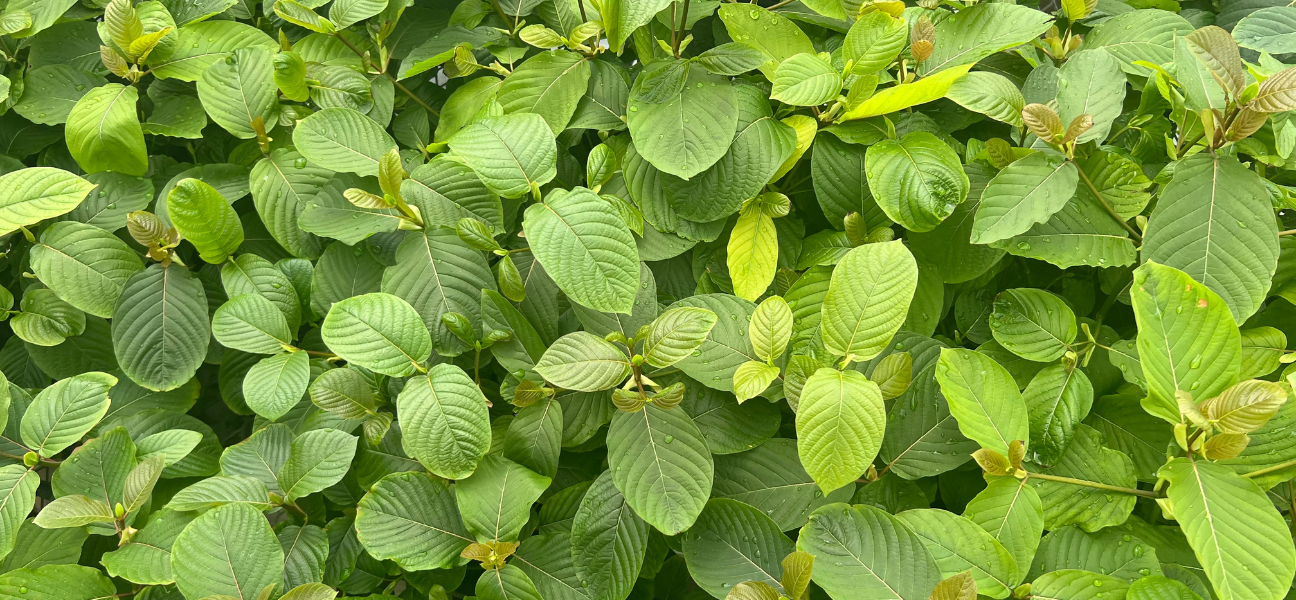Best Kratom Research: ETHA Kratom Research and Development (R&D)

ETHA Research and Development (R&D)
Research and Development (R&D)
The ETHA Research and Development (R&D) team never stops working on new concepts, products and projects. Our tireless pursuit for superior quality is one of the crucial characteristics that sets ETHA apart. We continue to go beyond basic standards and minimum requirements to be the very best kratom manufacturer. One way our R&D team helps ETHA solidify its credibility is through emphasis on both in-house and outside independent third-party lab testing of all harvests coming into our US facilities. A lot of companies simply rely on one single outside lab to provide them with test results. On the contrary, we supplement these results with our own research and extensive in-house ETHA lab testing. Such comprehensive lab testing not only serves as a guarantee for ensuring accuracy of results, but allows ETHA to make a contribution to the kratom science field as a whole.
Research Projects
As a result of our Research and Development (R&D) team’s in depth testing and research, ETHA customers derive significant benefits. They reap benefits of cutting edge, leading products, and research-tested answers to frequently asked questions.
One such common and frequently asked question was answered after conducting our kratom tea research. We learned that when making tea, the hot water will not extract all the alkaloids out of the kratom leaves. But adding lemon juice does help extract some additional alkaloids out of the kratom.
Our Research and Development (R&D) team understands that laboratory testing performed with proper equipment is very important for shedding light on your medicinal plants. Plant morphology can vary tremendously based on environmental factors such as: soil conditions, amount of sunlight, frequency of available water, natural fertilization, pollution levels, and even what is living within the plant.
Any human contact and interaction with the plant will also impact the plant. Additional factors, such as how it is harvested, processed, where it is stored, and how long it sits on shelves are also important to consider. These factors can impact how the plant develops, matures, reproduces, and what happens at the molecular level to the bio-active alkaloids.
These differences can be very subtle and even invisible to the eye, but can be extremely important to the effectiveness and safety of your botanical products.




















Leave a comment